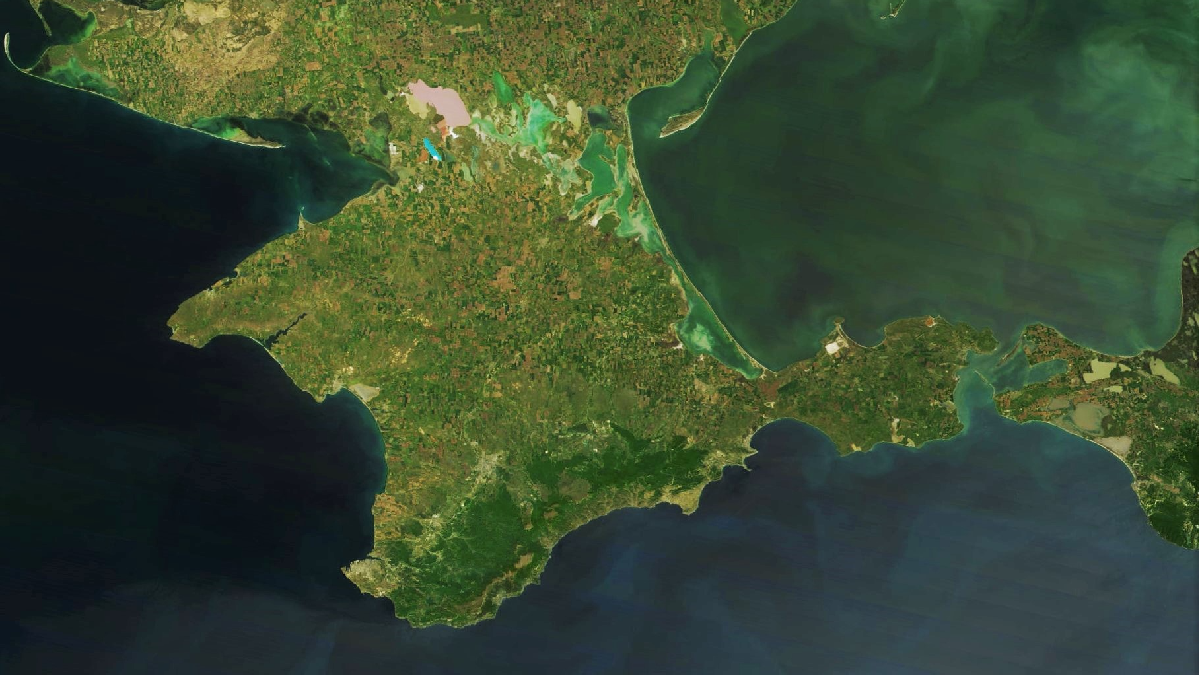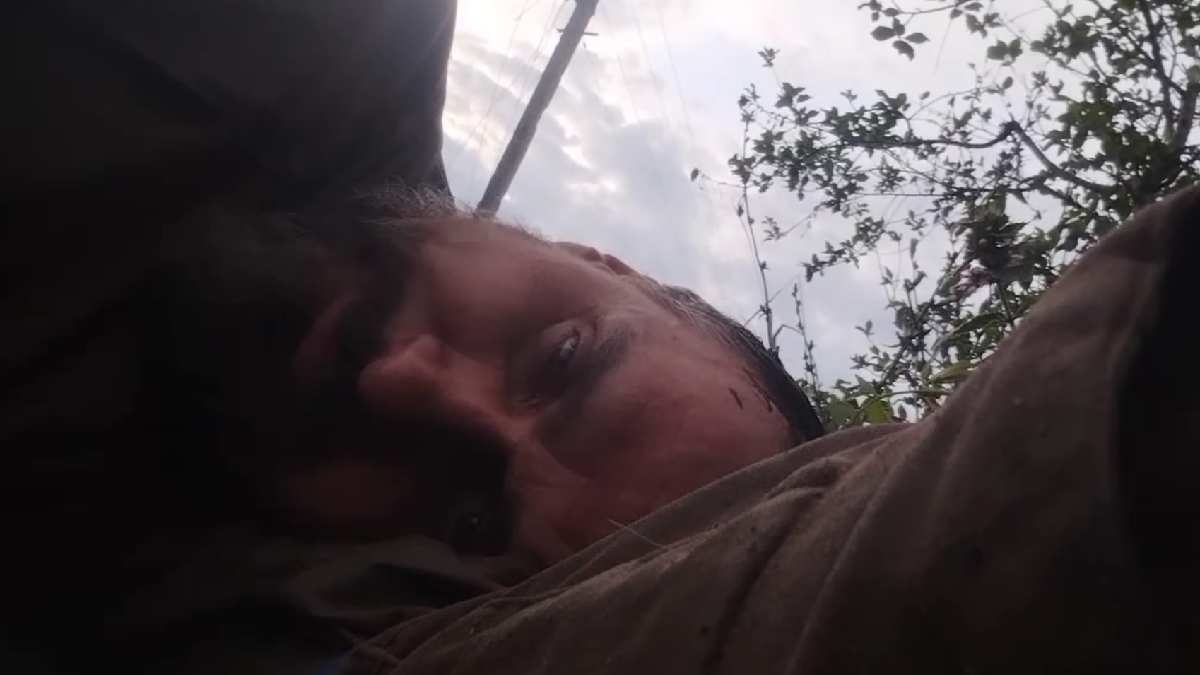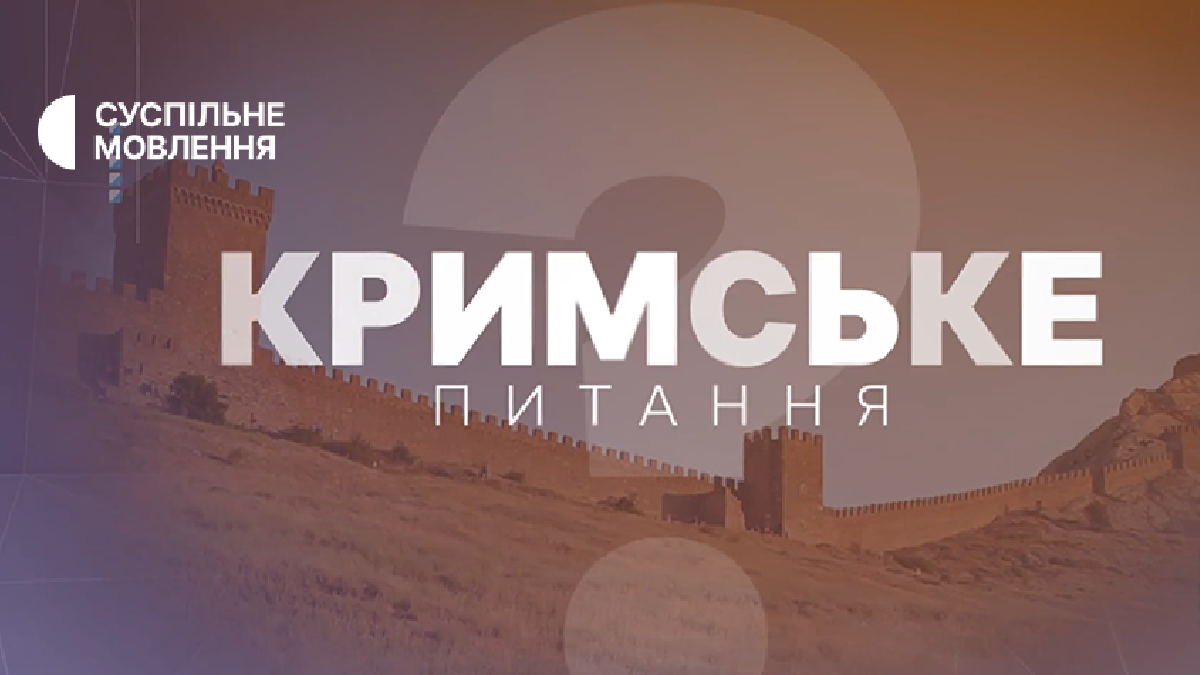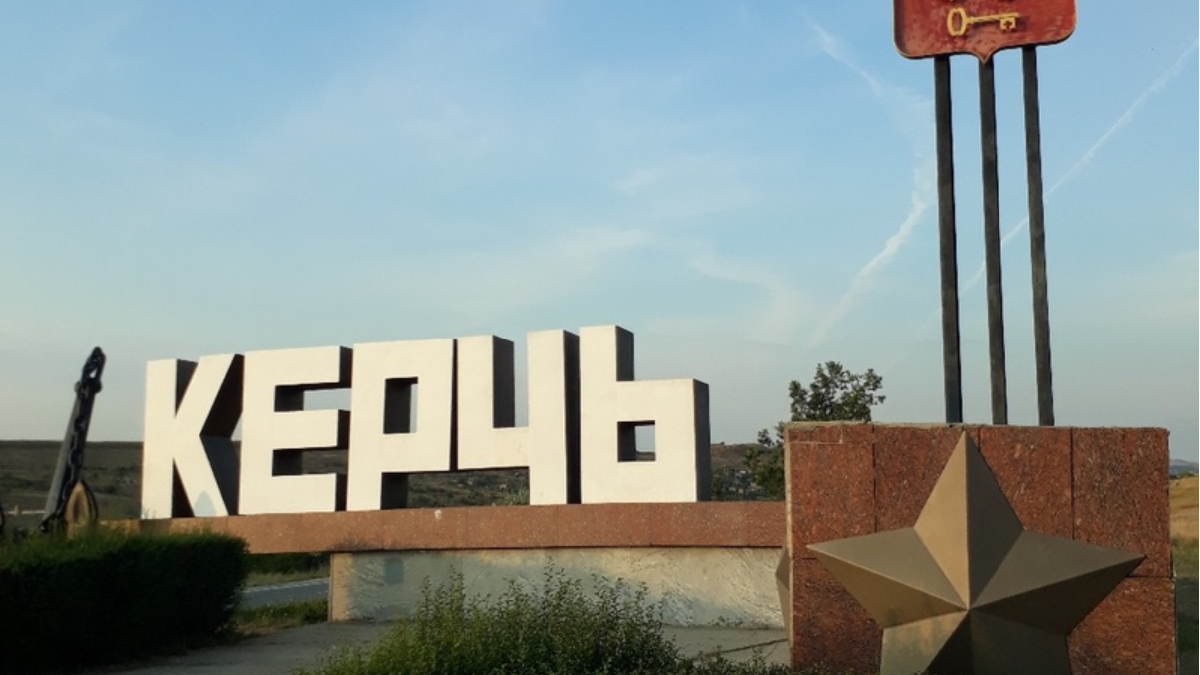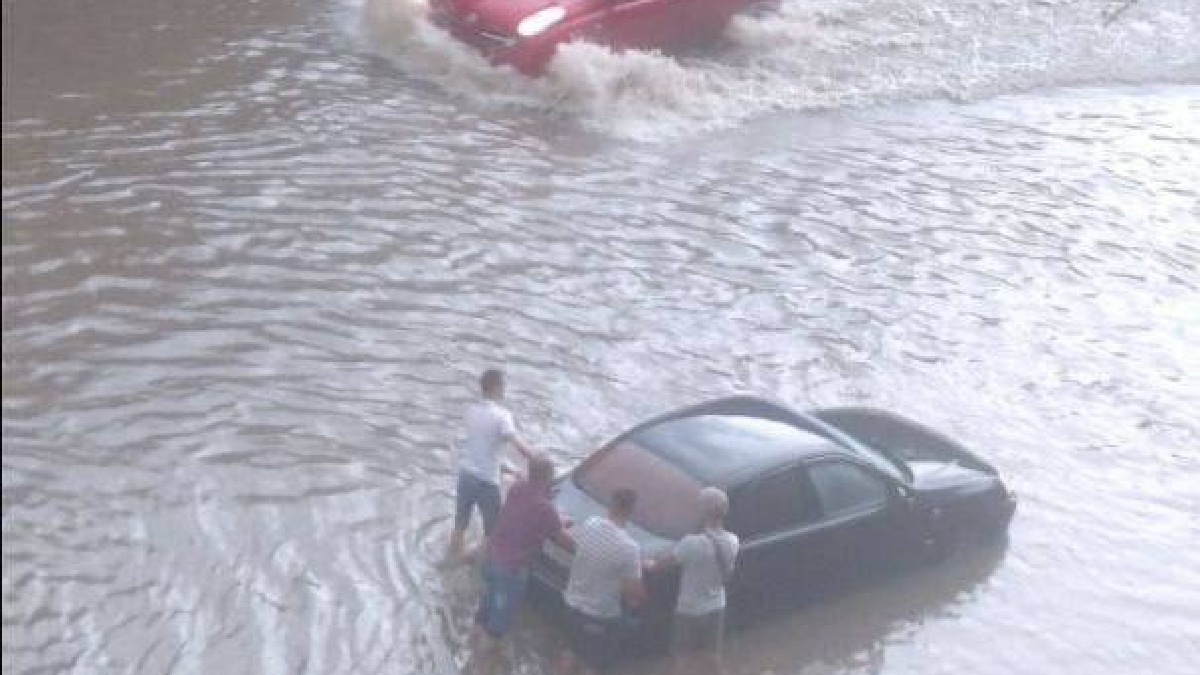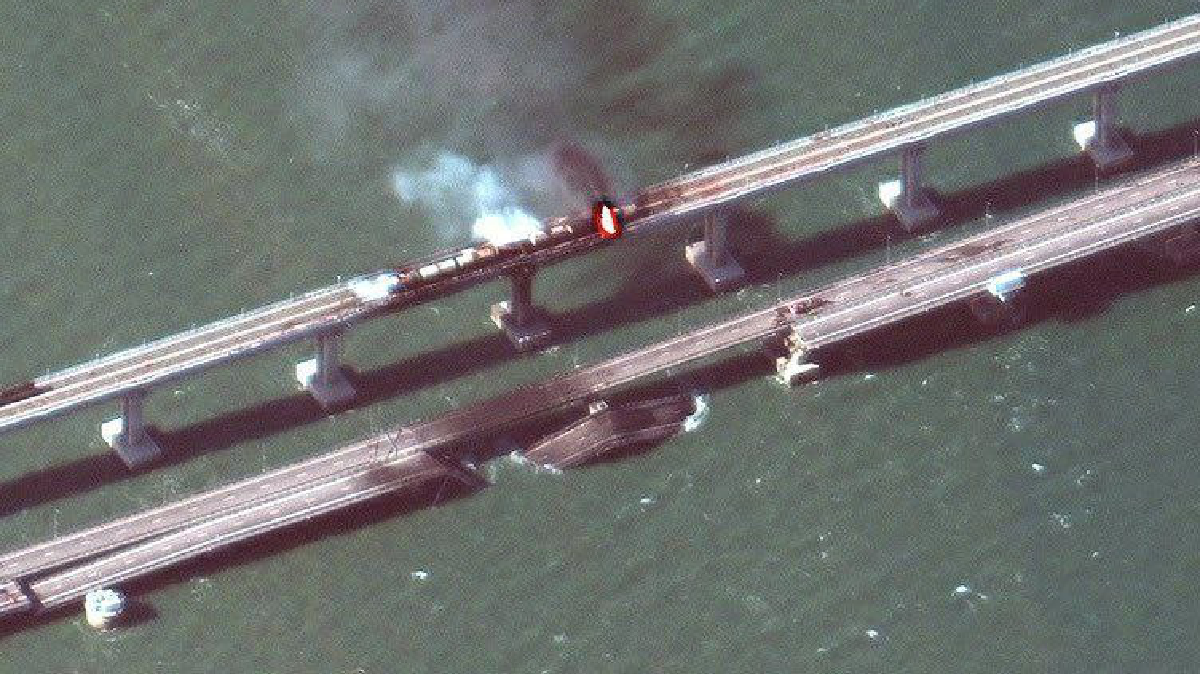How to "foreigners" protect property in the Crimea
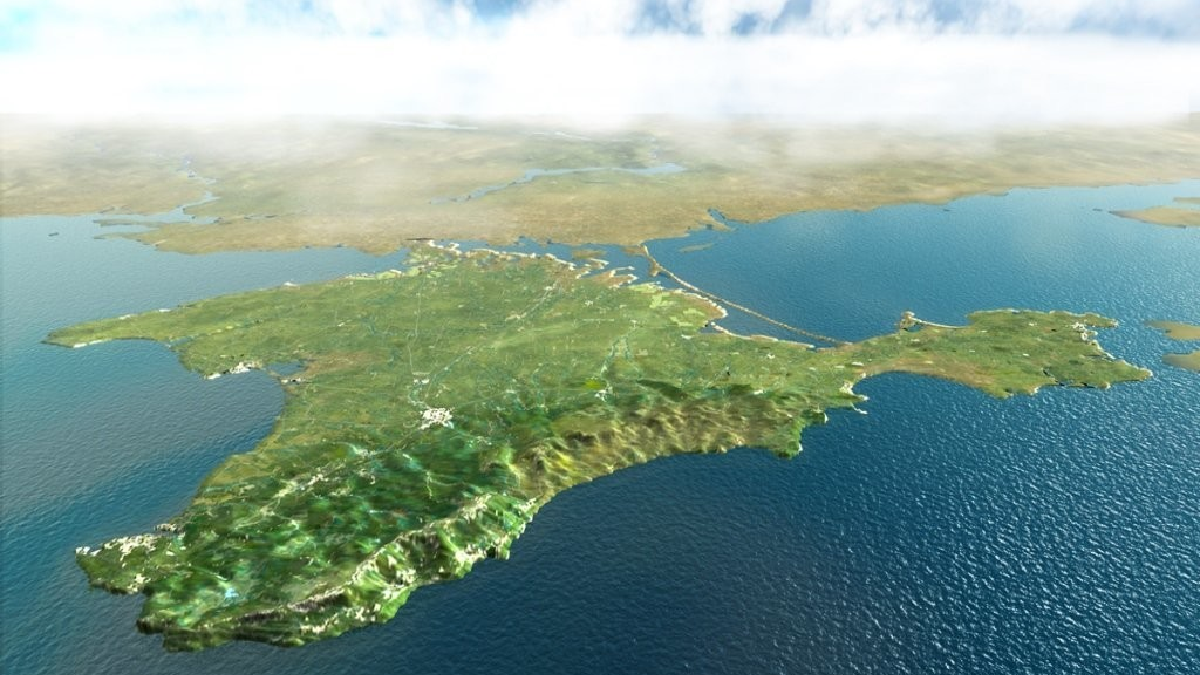
The occupying authorities of Crimea will put up for sale land plots in the coastal areas of Crimea, the owners of which are considered "foreigners". This was stated during a meeting of the Crimean government by the head of the occupation State Register Inna Smal. According to her, the number of such sites on the peninsula is declining. Thus, if in the spring of 2020 in these areas of Crimea owned by "foreigners" there were 11.5 thousand plots, by July 2021 their number was about 7.3 thousand, and now there are about 6,600 such plots.
In March last year, a decree was issued by the President of Russia banning Ukrainian citizens and companies from owning land in the coastal regions of the occupied Crimea. According to a document approved in 2011, the list of Russian territories where foreigners and foreign legal entities cannot own land has been supplemented by 19 regions of the occupied Crimea, including the cities of Kerch, Feodosia, Sudak, Alushta, Yalta, Saki, Yevpatoria and Armyansk. The ban does not apply to only three areas of the peninsula: Pervomaisky, Krasnogvardeysky and Belogorsky, which have no access to the Azov and Black Seas. The Verkhnosadivska village council in Sevastopol was not included in the list either.
Kateryna Rashevska, a lawyer with the Regional Center for Human Rights, spoke more about the legitimacy of such decisions and how to protect their land.
Kateryna Rashevska noted that such actions of the occupying state should be interpreted as a violation of international norms. As they run counter to its obligations under international humanitarian law:
"By such actions, Russia is committing a whole range of international offenses for which it will be held accountable as a state, and its top officials, as individuals, will be held individually accountable for international crimes. Because the relevant actions can be classified as crimes against property, as a kind of war crimes.
As for possible options, the lawyer noted the following options:
“The first is what we are seeing now, which is forcing plots to be put up for sale. The second option is for the occupying authorities to appeal to the courts, which were also established by the occupying state in violation of international humanitarian law in the area, and through lawsuits with certain procedural violations, the land will also be expropriated from its owner. There were also niche options - these are the ones we heard about during the published reduced statistics. Namely: either to alienate this plot independently, that is to transfer in property to the citizen of the Russian Federation, or it was necessary to get citizenship of the Russian Federation and to have the right to own the given land plot ".
Kateryna Rashevska also mentioned the law on the occupied territories, Article 11 of which stipulates that, among other things, citizens of Ukraine are guaranteed their property rights and their property rights are protected, no changes in the legal status of property are recognized by Ukraine as a state:
“On the other hand, it should be understood that if a certain citizen has committed an act of land sale, in principle he voluntarily and compulsorily received sufficient funds, in his opinion, and he has no claims against the next owner, then after the territory is vacated , Ukraine, as a state, will be faced with the question of recognizing these transactions, if the previous owners agree with them. This applies to the transition period after deoccupation. Our organization is constantly raising this issue, because not everyone can be brought together in one go. There may be other cases when a citizen of Ukraine alienates the land, receives funds, perhaps not even small, they may even satisfy, while he has the right in the future not to recognize transactions, to say that he was forced to do so. He can apply to the European Court of Human Rights and collect some compensation from Russia as a state. We can consider options for abuse by Ukrainian citizens".
In the case of putting the land up for forced auction, as the lawyer said, the owner will receive all the proceeds. But whether the plots will be valued at market price - obviously not:
They will simply be hammered, like Massandu, for pennies, when the value of the whole enterprise does not reach the value of its wine fund in the cellars. Similarly, this land plot will be sold at a reduced price, and the owners will be given money. If they are found, if he is not in the Crimea, he is a Canadian citizen, for example - not only citizens of Ukraine were affected, but 55 other states - will the money be given to him? Obviously not. That is why the situation here is twofold: if the Russian Federation can give them away, it will give them away. If a person takes this money, he will not lose the status of a victim, so he will also be able to apply to international bodies, and if he also does not receive the money, he will also retain the status of a victim.
However, it should not be forgotten that there were violations of property before Putin's order:
"We have recorded about 4,000 victims of violations related to violations of property rights and violations related to land ownership. These violations were brought to the attention of the International Criminal Court in 2017 and 2020, respectively. At that time, the authorities of the occupation administration appealed to the owner with numerous procedural violations. Usually these were lawsuits in the absence of the defendant - the person whose property rights are violated. Very quickly the decision was duplicated from the previous one, sometimes the names and sizes of plots did not even change, and under some formal circumstances, for example, that after retraining under Russian law the land plot belongs to protected areas or forest fund, now Russia, they must be removed. And there were many such decisions".
The Office of the President of Ukraine in the Autonomous Republic of Crimea published a memo explaining the new Russian decree and instructions on how to protect their rights to land. It lists the following steps:
- collect documents confirming the right of ownership under Ukrainian law and the procedure for confiscating land by the occupation authorities;
- to apply to the Prosecutor's Office of the Autonomous Republic of Crimea with a report on the seizure of land, where criminal proceedings will be registered on the fact of committing a criminal offense in the occupied Crimea;
- cooperate with the Autonomy Prosecutor's Office to send materials to the Prosecutor's Office of the International Criminal Court to investigate the situation in Ukraine, as the actions of the occupiers are a war crime under Article 8 of the Rome Statute;
- send an individual complaint to the European Court of Human Rights, as the occupying Power violates the right to peaceful enjoyment of possessions guaranteed by Article 1 of Protocol No. 1 to the European Convention on Human Rights.
Kateryna Rashevska told about what documents are needed and what to do if a person does not have them on hand:
"If they are not on hand, the ECtHR has developed a practice that the Russian Federation, as the respondent country, must provide the relevant documents. Everything that a person has - well, if the person does not have - also on the other hand can be somehow demanded. What is meant by such documents can be documents of any format from extracts from certain registers to any others that may indirectly confirm the ownership of the land. It is possible that the person had certain plans to build something on this land plot and he still had certain plans, certified by the Ukrainian authorities. It is possible that this person still has acts that were registered before the independence of Ukraine and this area was owned by her ancestors".
As for the appeal to the Prosecutor's Office of the Autonomous Republic of Crimea, the appeal can be made after the seizure of the plot, as there are certain requirements for the completion of the crime. And in the European Court of Human Rights you can refer to the fact of seizure. As for international instances, lawsuits can be both individual and from the state:
"The ideal option is when Ukraine files another interstate complaint against Russia, the subject of which will be violations of property rights not only to land, but in general. This will include violations committed as a result of or as part of nationalization, war crimes, crimes against property and property rights violations, may include a range of violations within the general policy of the Russian Federation aimed at violating property rights in the occupied Crimean peninsula. There is another option, when Ukraine does not file such a complaint, then the ECtHR simply covers up individual complaints of 11,500 people, I am exaggerating this, but about 2-3 thousand complaints can be expected. Then the question is that the ECtHR will group them independently. He will obviously not consider each complaint separately, because he will see that it is an administrative practice, that the violations are typical, that they probably took place in one day, etc".
Read us in the Telegram

